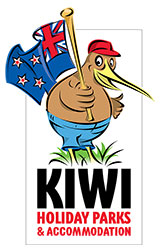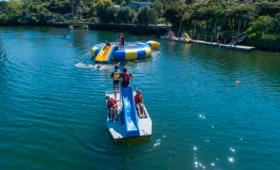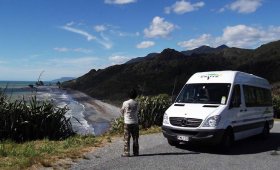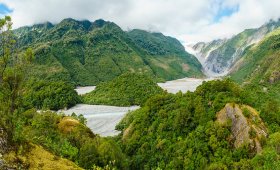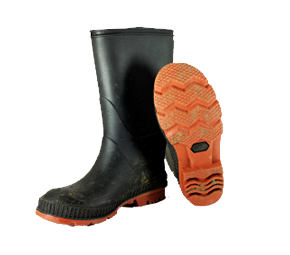Maintaining Your Health & Safety When Travelling in New Zealand
Whether you’re a visitor to New Zealand, or taking a well-deserved break to another New Zealand region, it’s important that you do what you can to keep yourself, family and valuables healthy and safe.
Though New Zealand is generally an extremely safe place to travel with a relatively low crime rate, there are some simple actions you can take to ensure that you don’t make yourself a target. These are fortunately not potentially any different to what you may practice in your own country or at home.
Documentation and money
If travelling from abroad, make copies of important documents (such as your passport and credit cards) and pack them away separately to your actual originals – that way you won’t be stranded if the originals go missing.
A good idea before leaving home is to note down the serial numbers and model of expensive and valuable items such as digital cameras. These can be helped to retrieve stolen items or at least provide the necessary description for replacement items through your insurance company.
Don’t carry excessive amounts of currency while you travel. Carry enough money to get by until you can draw funds out at an ATM or bank on route. Most towns within New Zealand will have at least one ATM.
Of interest, New Zealanders are one of the highest users of EFTPOS in the world, and not an overly based cash-society but rather a pay by plastic (though cash is accepted everywhere!).
When storing cash, don’t store it all in one place. It is likely that you will carry money in a wallet, but split the money you do have by storing it in a secondary place – such as in a pair of socks or your toilet bag. If your wallet is stolen, that way you wont be left stranded without any money.
Travelling
As you travel between Kiwi Holiday Parks and around New Zealand, there are some simple things that you can do minimise becoming a crime statistic.
NewZealand.com provide a great list of advice to keeping your possessions safe:
- Always lock your accommodation and vehicle and keep windows secure when you're not around.
- If there is a safe at your Kiwi Holiday Park accommodation, use it to store your valuables. Never leave valuables or important documents in parked vehicles.
- Never leave bags, backpacks, wallets, GPS devices or cameras unattended in any public place, especially airports, ferry terminals or bus/railway stations.
- Don’t carry large amounts of cash or expensive jewellery.
- If withdrawing money from a machine, withdraw small amounts only - preferably during the day - and shield your pin.
- Don’t leave maps, luggage or visitor brochures visible in your vehicle. These are obvious signs that you are a tourist and may have valuables.
- If you are travelling by campervan, park it in designated areas whenever possible.
If any of your possessions are stolen or valuable items misplaced, advise local police as soon as possible.[1]
The New Zealand Police also advise the following:
- Ensure that you communicate to someone your intended travel path, and when you are due to arrive. Check in frequently with family.
Maintaining your safety
If you’re travelling independently, there are a number of actions you can take that will help ensure your safety.
- If possible, travel with a companion and someone that you trust.
- Use formal transport options – such as trains, planes, private rental car/vehicle and/or buses to travel the country. “Hitchhiking or accepting rides from people you don’t know is not recommended. If you do decide to hitchhike, Police strongly advise you not to travel alone.”[2]
- When out after twilight, walk in well-lit areas. Stick to main roads and streets and refrain from taking short-cuts through unlit areas. For greater safety, take a taxi with someone you know.
- If you’re out and about socially, don’t accept any unopened drinks from strangers. And never leave a drink unattended – if in doubt, tip it out.
- Pack a basic first aid kit into your travel bag, you never know when you might need it.
- And finally, if you ever feel in danger call New Zealand’s emergency phone number – 111. This is cost-free number that will connect you to ambulance, fire or police.
Travel Insurance
The boring but practical action when travelling is to ensure that you have travel insurance – including if you domestically travelling – i.e. does your house and contents insurance cover you away from home?
It is not just theft that can affect you when travelling, but physical accidents such as sprains, strains and broken bones, right through to forces of nature that will have an impact on travel plans, flights etc.
The New Zealand Police provide a great resource for visitor safety, touching on the above as well as guidelines around consuming alcohol, keeping safe on NZ Roads, keeping safe in the outdoors and a text messaging service for maintaining safety.
For a copy of the Visitor Guide.
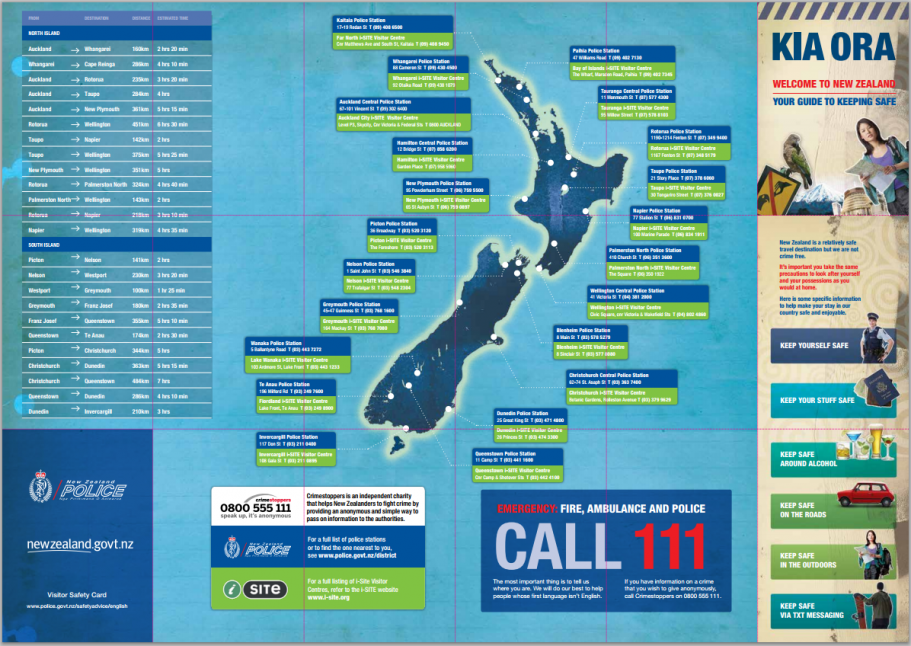
[1] http://www.newzealand.com/us/feature/health-and-safety/
[2] http://www.police.govt.nz/advice/personal-community/keeping-safe/visitors-safety-guide
